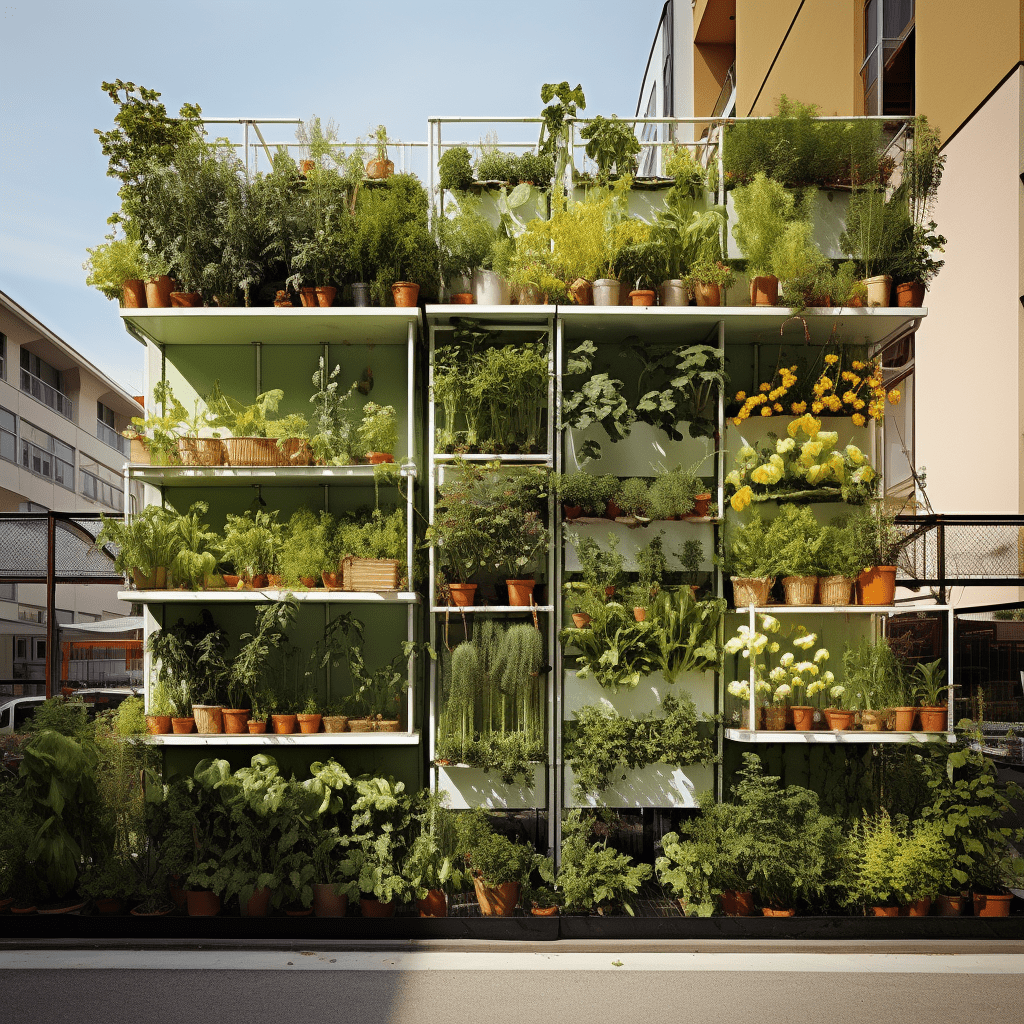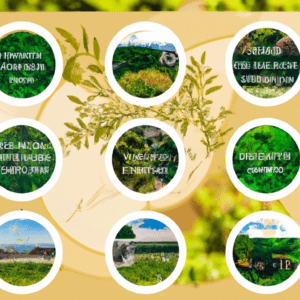Get cracking on your quest to be a budding urban farmer: Discover big wonders in confined spaces
In the world of clean eating and wellness, where the desire to munch on fresh and organic foods is all the rage, you just might find yourself pondering about where to source such wholesome produce. Gargantuan grocery stores may flaunt an impressive array of organic goodies, but their over-the-top price tags might make you flinch. Moreover, lingering apprehensions about the genuineness of their ‘organic’ labels and worries about whether their supply-chain practices are sustainable tend to add to the concern. Let’s explore an often undervalued solution to this dilemma – cultivating your own grub.
Cultivating a vegetable utopia right in your home might feel like you’re biting off more than you can chew, particularly if you happen to reside within the concrete jungle. Keep calm, dear city-dweller, for even a teeny-tiny balcony or a modest kitchen window ledge can harbor the seeds of your thrilling horticultural escapade. Trust me, there’s nothing quite like the sense of achievement gleaned from savoring the fruits (and veggies) of your own labor.
Urban farming is an ingenious approach that harnesses even the most minuscule spaces to deliver a bountiful yield. This clever stratagem takes advantage of vertical spaces, compact planters, suspended pots, and can even encompass indoor hydroponic setups. The saying ‘Where there’s a will, there’s a way’ perfectly embodies the gutsy spirit of urban farming.
Dipping your toes into this enlightening endeavor can be as uncomplicated as selecting suitable plants and receptacles to cradle them. A good starting point could be aromatic herbs like mint, savory basil, bright coriander, or crunchy vegetables like lettuce, juicy tomatoes, and zesty peppers. These plants are ideal for garden rookies since they’re friendly to newbie green thumbs: they don’t need much room, they’re quite uncomplicated to foster, and will persevere even with relative neglect.
Unleashing your inner horticulturist and nurturing your diminutive garden might seem challenging, but it’s more straightforward than you think. Watering and tending your growing greens, which pretty much sum up your gardening duties, can be accomplished in a spare moment or two each day. Taking a breather with Mother Nature during these daily ministrations is sure to rejuvenate your spirits.
The unearthed joy and satisfaction of witnessing your own seeds transforming into fruitful vegetables cannot quite be matched. Observing the life cycle of a plant firsthand fosters a profound bond between you and Mother Earth. Not to mention, the tremendous gratification of eating meals enhanced with ingredients you raised with your own hands, taking care of your green buddies and awaiting your very first harvest makes everyday dining oh-so-much more delightful and satisfactory.
Taking the initiative to grow your own food is a small yet mighty step towards living sustainably. Every single sprout that bursts forth contributes towards a brighter future by shrinking the carbon footprint connected to the transport of store-stacked groceries. Additionally, it’s an excellent conduit to pass on priceless life lessons about nature to the next-in-line.
It’s time to unfurl your green thumb and embark on the incredibly fulfilling journey of growing your food. Dive headfirst into the mirth and contentment that comes from reconnecting with nature, right on your window ledge or balcony, one sprout at a time. Who knows, this fruitful beginning might set you on the road to self-reliance. Happy gardening!
TL;DR Key Points
- Kickstart your urban farming adventure.
- Make the most out of small spaces, from balconies to window ledges.
- Begin with easy-to-grow plants such as herbs and vegetables like lettuce, tomatoes, and peppers.
- Daily care, a key element of gardening, is simpler than you imagine.
- Harvesting and eating your home-grown food is fulfilling and gratifying.
- Growing your food aids in sustainable living and helps shrink carbon footprints.
- It’s a great way to teach younger generations about nature.
- Urban farming could pave the way for bigger strides towards self-sustainability.











